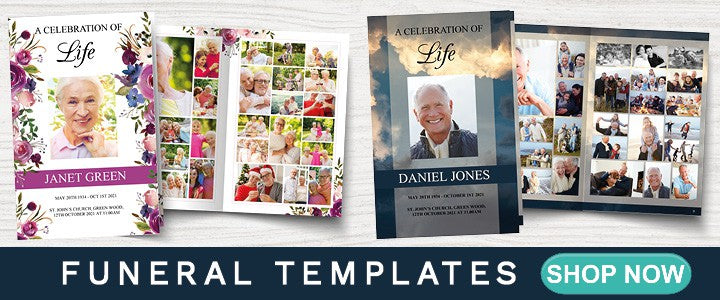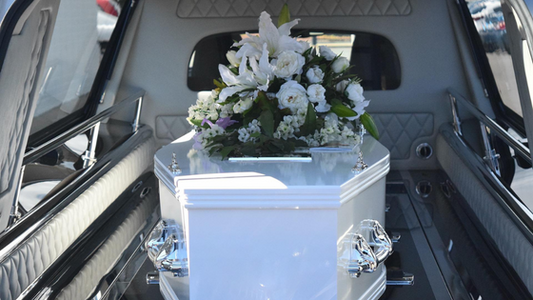Have you ever wondered about the word "funeral" and how it came to be part of your vocabulary? It's a term that's become a standard part of discussions surrounding death and mourning, but its origins are as rich and intriguing as the history of the rites it describes. Your understanding of the word begins with its roots in Latin. Originally "funus," which encompassed everything from the burial and funeral rites to the deceased individual, this same word also ties back to an older Indo-European root "dheu," meaning "to die" or "to pass away."
As languages evolved, so did the word. It took a journey through history, modifying from "funus" into the Old French "funérailles" before it nestled into the English language. A step back into the medieval era reveals the word in action, connected to burial customs, with the first known appearance in an English context, traced back to around the 15th century. The evolution of "funeral" is not just the tale of a word. Still, it's a glimpse into the shifting landscape of cultural practices surrounding one of the most universal human experiences—saying goodbye to those who have passed.

Origins and Etymology
The word "funeral" has evolved over the centuries, closely tied to traditions and customs surrounding the passage into the afterlife.
Language and Etymology
The term "funeral" traces back to the Latin word funus, which encompassed all aspects of death, including the corpse, the burial rites, and the ceremonial proceedings. This Latin foundation reflected the Romans' intricate relationship with death and the afterlife—where rituals and respect for the deceased were deeply ingrained in their culture.
Historical Development
As the concept of funerals traversed history, it adopted new forms influenced by various cultures' beliefs and traditions. For example, in Ancient Greece, the word kēdeía expressed the care taken for the deceased, a term resonant with the gravity of funeral rites in their society. Within the grand tombs of ancient civilizations, the essence of "funeral" revealed a universal human concern with honoring the dead and the poignant customs that arose from those sentiments.

Contemporary Funeral Practices
In exploring the array of funeral traditions that you might encounter today, it's evident that cultural, religious, and technological influences shape modern funerals. They range from solemn ceremonies to more personal and expressive memorials.
Rituals and Ceremonies
Your experience at a funeral service today will likely involve a series of rituals and ceremonies designed to honor the deceased. Traditional elements include eulogies, hymns, and the presence of a coffin or casket, often accompanied by a funeral procession. Flowers remain a common expression of sympathy for the mourners and honor for the departed soul. In private gatherings, friends and family support each other, often followed by a more public memorial service.
Cultural and Religious Variations
Cultural and religious beliefs heavily influence funeral rites. For instance, in Christianity, services may occur in a church and involve prayers and readings from the Hebrew Bible. In contrast, Islamic funerals involve rituals such as the washing of the body and burial within 24 hours, without embalming. Meanwhile, Hinduism prescribes Antyesti, the funeral ceremony, which usually includes a fire ritual signifying the soul's release. Alternatively, in some Western cultures, it's common for mourners to wear black as a symbol of mourning.

Funeral Industry and Modern Innovations
The funeral industry today accommodates a range of preferences, including both traditional burials and modern innovations. Cremation has become a popular option, facilitated by a crematory. Funeral directors may provide a wealth of options for funeral arrangements from choosing a casket to planning the service. Embalming remains common to preserve the body, though eco-friendly alternatives, like burial in biodegradable linen or cotton, are on the rise. Celebration of life events have also gained traction, often held instead of or in addition to a traditional funeral, focusing on joyfully remembering the person’s life rather than only mourning their death.






